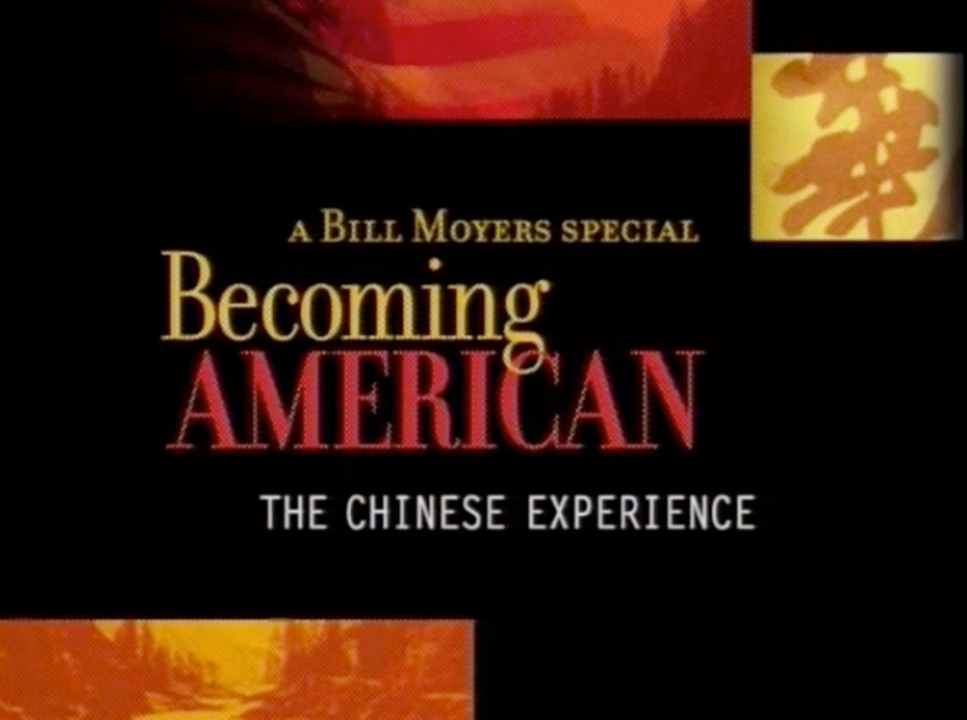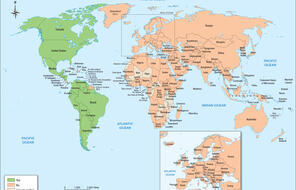126 Results
Global Migration & Immigration
Becoming American Study Guide
Login Required
This guide to accompany the film Becoming American helps students investigate identity and belonging through the stories of generations of Chinese immigrants in the United States and their paths to "becoming American."
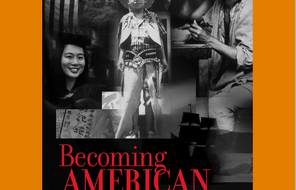
Teaching Enrique's Journey
Login Required
This guide provides activities and discussion questions for leading your students through a six-week reading of Enrique's Journey that explores themes of identity, belonging, and choices.

Please Ring the Bell for Us
This cartoon, by Francis Knott for the Dallas Morning News, was published on July 7, 1939. It accompanied an editorial that described admitting refugee children to the United States as an “act of simple humanity."
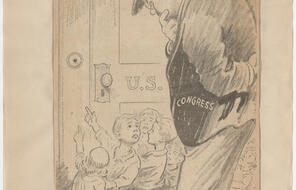
What is Migration?
Use this Explainer to help differentiate between terms like refugee, migrant, and asylum.
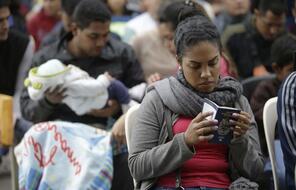
"Home" by Warsan Shire
British-Somali poet Warsan Shire gives voice to the experiences of refugees in this poem about "home."
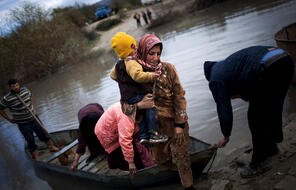
Laundrymen and Movies
Learn about the prejudice, stereotypes, and victimization Chinese and Chinese Americans faced in the US in the 1920s.
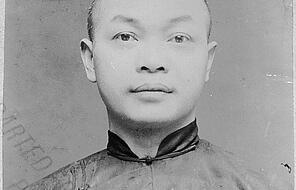
Global Migration
Use these photographs of global migration to help students explore the experiences of individuals and groups who choose or are forced to leave their homelands.

Immigration in Texas
Immigrant women and children wait to enter the bus station after they were processed and released by U.S. Customs and Border Protection, Friday, June 22, 2018, in McAllen, Texas.
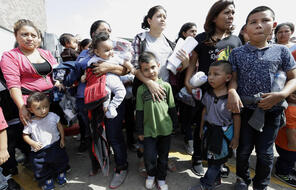
Identity and Belonging (UK)
Author Sarfraz Manzoor writes about the experiences that shaped his understanding of what it means to be British and what it means to belong.

Rohingya Refugees
Hundreds of thousands of Rohingya refugees have fled persecution in Myanmar since 2017, often traveling to neighboring Bangladesh.
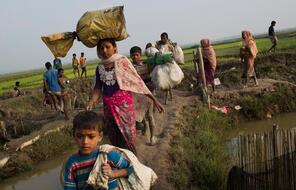
Becoming American: The Chinese Experience Part One - Gold Mountain Dreams
Login Required
The first of a 3-part series explores the early years of Chinese immigration to the U.S.
